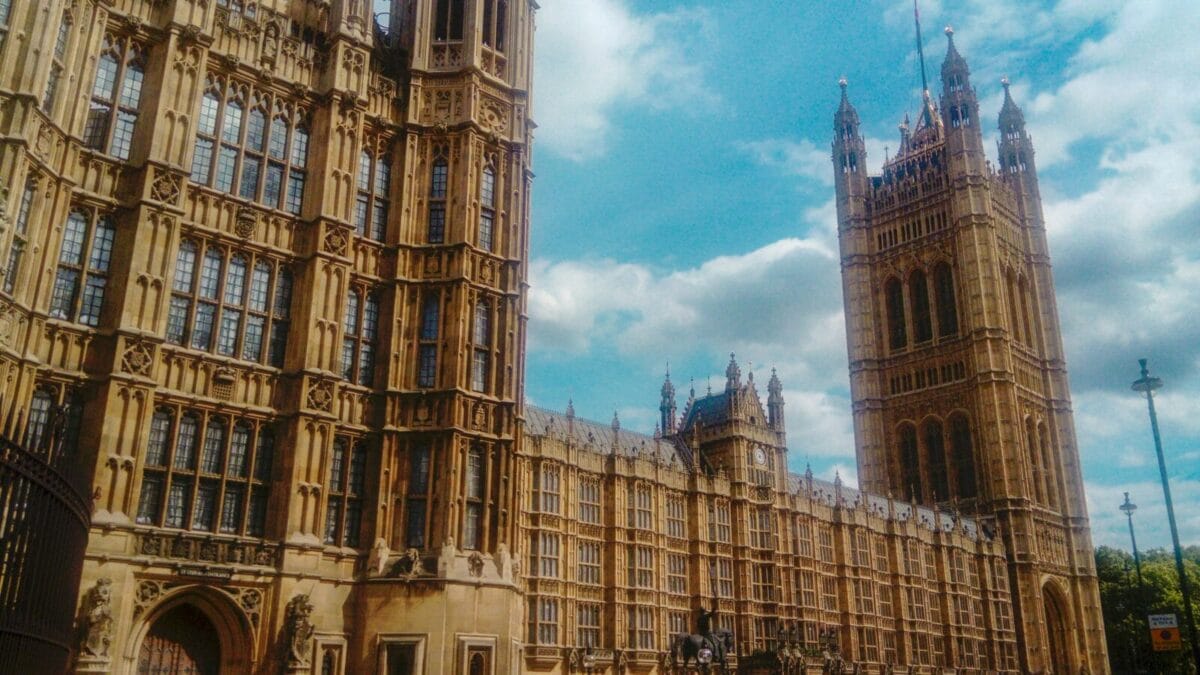During an adviser webinar following Spring Budget attended by over 800 advisers, hosted by M&G Wealth, advisers didn’t expect the tax cut that is worth around £450 per year to a worker on an average salary of £35,000 to be invested in long-term pensions savings.
The vast majority of advisers (83%) say they don’t think people will use the extra cash generated from the latest cut in National Insurance, to invest more in pensions savings. This corresponds with research by M&G Wealth* showed that half (51%) of Brits feel financially worse off going into 2024 than they did at the start of 2023 with 80% citing the ongoing cost-of-living crisis as the reason for this.
National Insurance change and salary sacrifice schemes
The reduction will mean lower National Insurance savings for basic rate taxpayers making use of salary sacrifice arrangements but should improve their financial position overall. For example, this year an employed individual earning £50,000 a year who sacrificed £10,000 of their salary into a pension would have saved £1,150 in National Insurance. With the reduced rate, the National Insurance saving drops to £800 but their take home pay will increase by £960, giving them scope to have a higher pension contribution, more disposable income or the ability to save elsewhere.
Les Cameron, pensions and tax expert at M&G Wealth, said: “The measures announced in the Spring Budget will put more money in the pockets of the working population and give people more options when it comes to saving for their future. However, our research shows that the cost-of-living crisis is taking its toll on people’s financial well-being. This poll shows that advisers have their finger on the pulse, with many expecting their clients to use the extra cash to boost their spending rather than saving power.”
British ISA
Advisers were more positive about the impact of the proposed introduction of a British ISA, and the resulting increased tax-free allowance, on ISA saving levels – with almost two thirds (64%) saying that they thought it would lead to an increase.
“The proposed introduction of the British ISA increases choice for savers but also adds further complexity. The majority of ISA savers subscribe less than £15,000 so the increase in the annual limit is likely to be most attractive to those in the £100,000 plus income bracket who are most likely to maximum-fund their ISAs. For those looking to invest solely in the UK, the British ISA could prove a valuable addition to their investment portfolio as the wrapper of choice for UK investments, alongside other tax wrappers being used to invest in other regions.”
M&G Wealth adviser poll conducted on 7 March 2024
Do you think the reduction in National Insurance will lead to higher pension contributions?
Count Percent
Yes 34 9
No 309 83
Unsure 30 8
Total 373 100
Do you think the introduction of the British ISA and increase in annual ISA savings limit will lead to an increase in ISA saving?
Count Percent
Yes 254 64
No 128 32
Unsure 17 4
Total 399 100
* Research of 2,000 Britons was commissioned by M&G Wealth and was conducted by Perspectus Global in December 2023.

















